Collection
Date
Location
Type
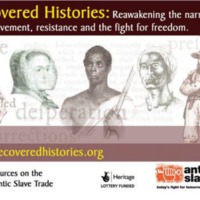
Recovered Histories
In the Recovered Histories online resource, Anti-Slavery International digitised and made accessible for the first time a collection of over 800 pamphlets dating from the 18th and 19th centuries relating to the transatlantic slave trade. The resource captured the narratives of the enslaved, the…
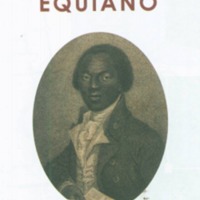
The Equiano Project
The Gas Hall at Birmingham Museum and Art Gallery was host to a biographical exhibition of the life and adventures of Olaudah Equiano, a leading African figure in the British abolition movement in the 18th century. The project was led by Birmingham Museum and Art Gallery and the Equiano Society. The…
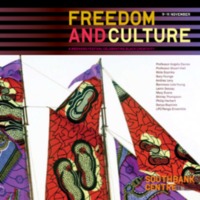
Freedom and Culture 2007
'Freedom and Culture' was a year-long nationwide programme to mark the bicentenary, conceived by Baroness Lola Young of Cultural Brokers (London) and Dr Nima Poowaya-Smith of Alchemy (based in Leeds). In partnership with artists, activists and cultural commentators, the programme explored the…
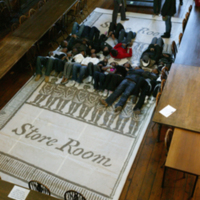
Changing Perspectives
Changing Perspectives was a community-based initiative based around the experiences of twenty-five African and Caribbean families from the North-East, to explore how their life in the UK contrasts with the lives of their ancestors. The project created a multimedia archive of cultural responses to…

Trade and Empire: Remembering Slavery
The Whitworth Art Gallery was one of eight heritage bodies in the ‘Revealing Histories: Remembering Slavery’ partnership in Greater Manchester. The project set out to explore the history, impact and legacy of slavery on Britain through collections and community links in the North West.
'Trade…
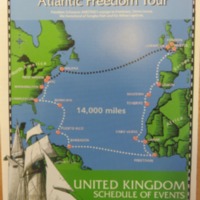
Amistad America's Atlantic Freedom Tour
A replica of the nineteenth-century slave ship Amistad visited Liverpool, Bristol and London as part of the Atlantic Freedom Tour in 2007-2008. The ship set sail from its home port of New Haven, Connecticut, on a 16-month 14,000 mile transatlantic voyage to retrace the slave industry triangle. The…
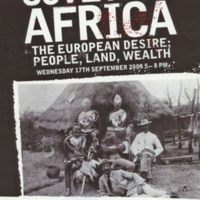
Coveting Africa. The European Desire: People, Land, Wealth
Bishop’s Stortford was the birthplace of the Victorian financier and imperialist Cecil Rhodes. To commemorate the bicentenary of the Abolition Act, Bishop's Stortford Museum and Rhodes Art Complex explored Britain’s imperial ambitions in the ‘Coveting Africa’ exhibition. The museum holds…
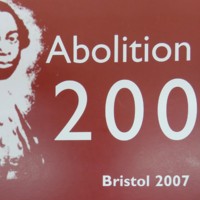
Abolition 200
Bristol was major trading port for the transatlantic slave trade in the 18th century. The city of Bristol marked the bicentenary of the Abolition Act with more than 100 events across the city - exhibitions, plays, debates, talks, concerts - under the umbrella organisation Abolition 200. In January…
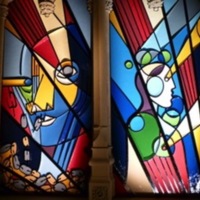
Reconciliation Reredos
The Reconciliation Reredos project to develop a major public artwork was the response by Saint Stephen’s Church in Bristol city centre to a complex historical legacy. St Stephen's was the harbour church which benefitted from merchant’s donations, which effectively ‘blessed’ slave trade ships…

COSTA
COSTA stood for 'Commemoration of Slave Trade Abolition' and was a project of Sul'Art, a community art organisation in Bristol. Sul'Art delivered a programme of music, drama, art and dance to a number of schools and community groups to explore meanings of the bicentenary, working around themes such…
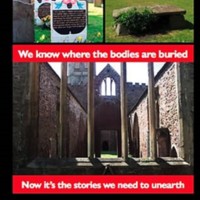
Diverse Stories
The Diverse Stories project began in 2007 with participants from Malcolm X Elders, an Afro Caribbean elders and community group in Bristol, taking part in a creative writing project to mark the bicentenary. This was jointly supported by Show of Strength Theatre Company, Our Stories Make Waves and…
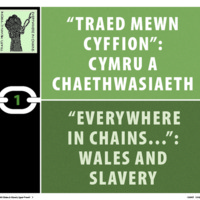
Everywhere in Chains: Wales and Slavery
Everywhere in Chains was an umbrella project created for the bicentenary commemorations in 2007, by a collaboration between Amgueddfa Cymru - National Museum Wales, the National Library of Wales, University of Wales, Bangor and CyMAL: Museum Archives and Libraries Wales (part of the Welsh Assembly…
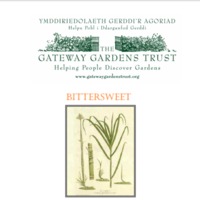
Bittersweet: Sugar, Spice, Tea and Slavery
The Bittersweet programme by the Gateway Gardens Trust involved 80 free guided garden visits over two years, around more than 30 gardens in Wales with a range of community groups, schoolchildren and lifelong learners. The themes of the visits and a mobile exhibition were the links between the slave…
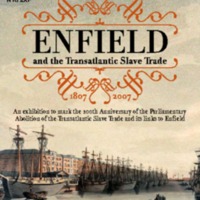
Enfield and the Transatlantic Slave Trade
An exhibition to mark the bicentenary was developed by Enfield Museum Service in partnership with the British Museum and Enfield Racial Equality Council. The exhibition looked at West African culture, the development of the local African community, the links between the transatlantic slave trade and…
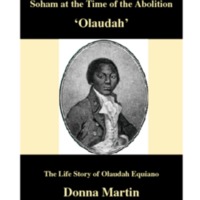
Soham at the Time of the Abolition
Soham Village College partnered with Soham Action 4 Youth (SA4Y) and Soham Museum in a project to record Soham at the Time of the Abolition, to commemorate the bicentenary and celebrate the life of Olaudah Equiano. Equiano, otherwise known as Gustavus Vassa, was the former slave who became an…
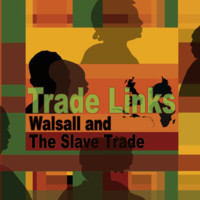
Trade Links: Walsall and the Slave Trade
An exhibition at Walsall Museum looked at Walsall's links with the slave trade, the background to the Abolition Act of 1807, and the legacies of slavery. Walsall's metal industry included chain making by local women of Cradley Heath, and the manufacture of guns used to trade for captive Africans.…

Southwark 2007 & Beyond (S2007B)
The Southwark 2007 & Beyond Steering Group was established to correct perceived misinformation about Britain's role in perpetuating slavery, and to promote education and dialogue on anti-slavery resistance and human rights. The Steering Committee was composed of representatives from Southwark's…
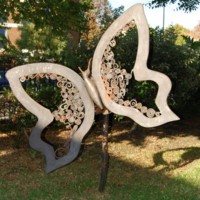
The Freedom Sculpture
The Freedom Sculpture was conceived by Mary Thompson, a teacher at Dog Kennel Hill Primary School in East Dulwich, as a way for the school to mark the bicentenary. Year 6 pupils worked with Kevin Boys, a blacksmith from Surrey Docks City Farm, to translate their ideas of freedom into a visual image.…
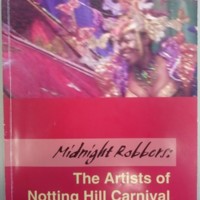
Midnight Robbers: The Artists of Notting Hill Carnival
Midnight Robbers was exhibited at City Hall, London in 2007 and the Ohio State University Urban Art Space in 2008. The exhibition explored the historic context of Notting Hill Carnival and examined the Carnival art form. The London exhibition also marked the bicentenary of the Abolition Act.…
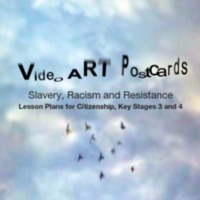
Video ART Postcards
To mark the bicentenary, Manifesta (a not for profit company delivering projects addressing cultural diversity) and the Runnymede Trust (an independent policy research organisation focusing on equality and justice) joined forces to launch a youth and digital media initiative, Video ART (Anti-Racist…